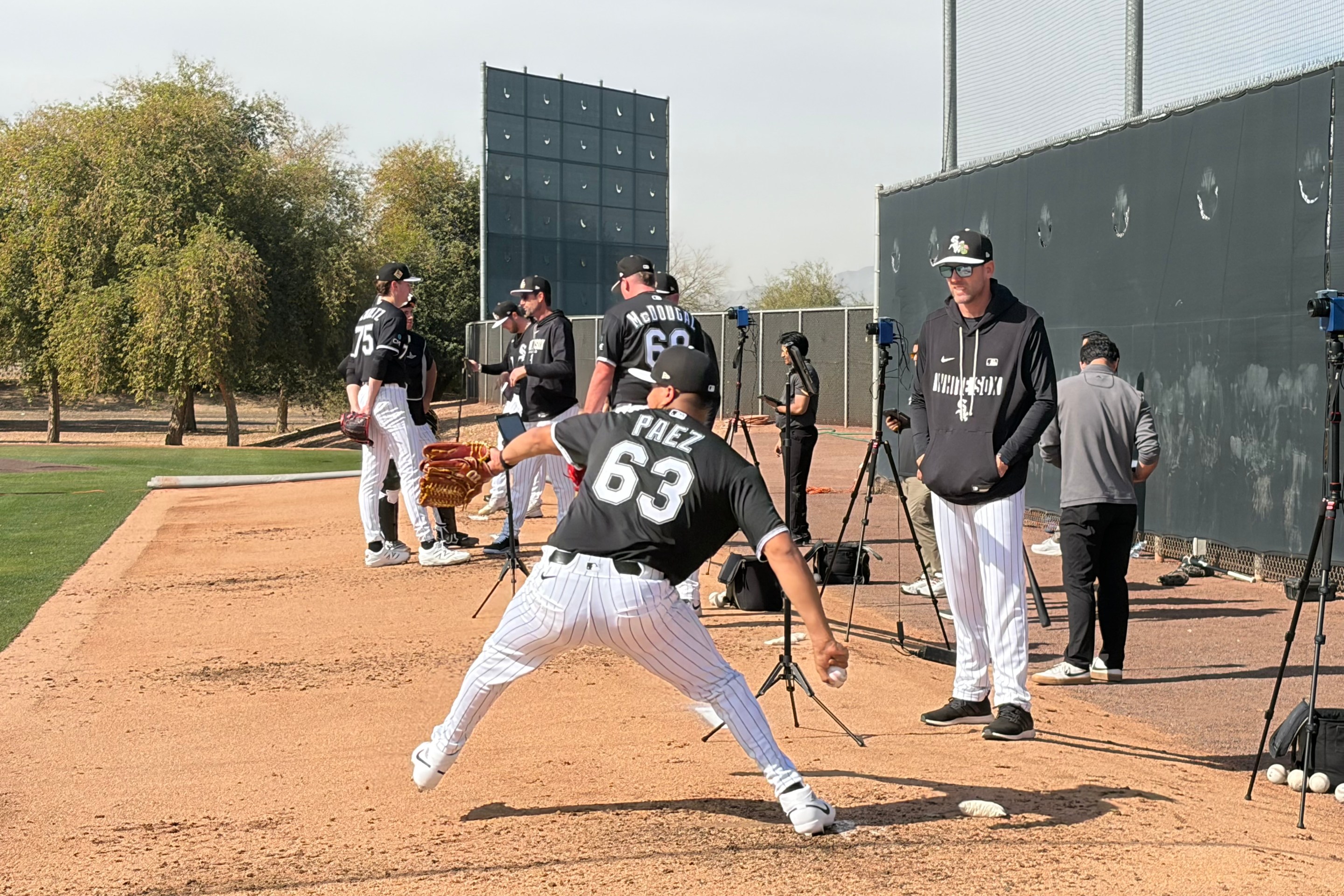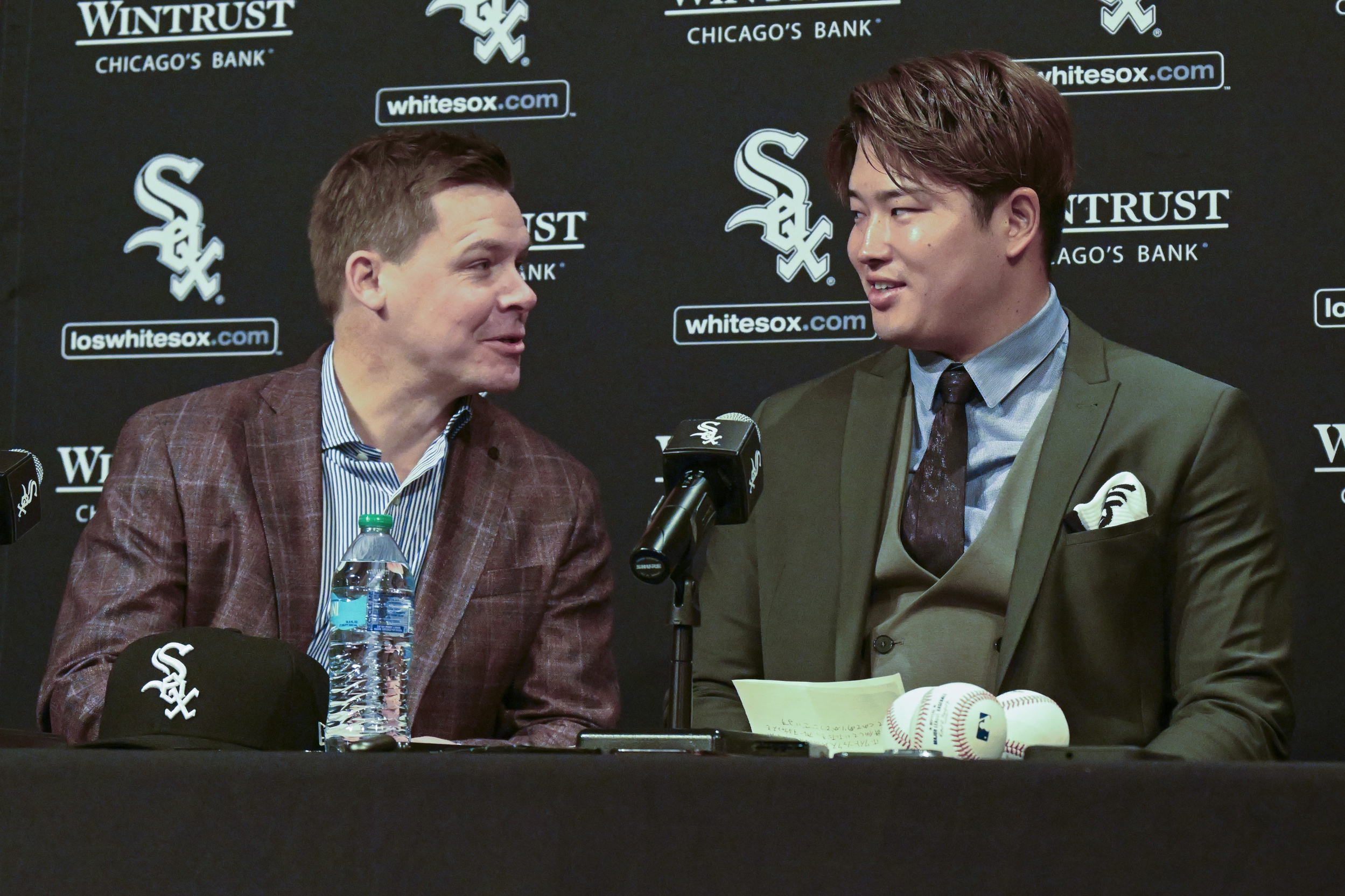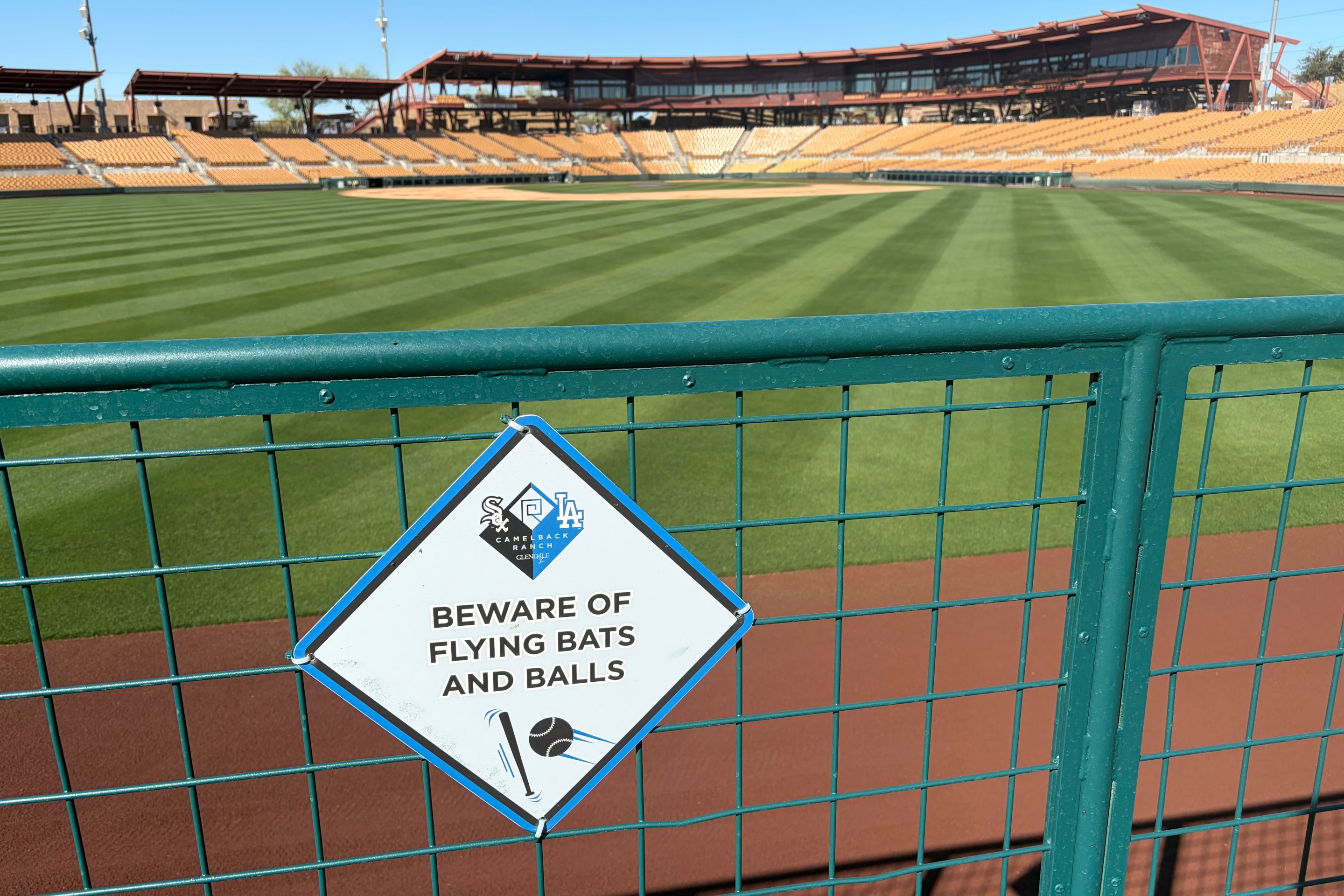Baseball America has updated its draft database with signings, and for those keeping track, the White Sox have agreed to terms with four of its top 10 selections thus far:
- Jacob Petricka (2nd), $540,000
- Addison Reed (3rd), $358,200
- Thomas Royse (3rd), $263,500
- Rangel Ravelo (6th), $125,000
BA also graded team drafts throughout the decade, and under that system, the Sox ranked 28th out of 30 clubs.The year-by-year grades look like this:
| Year | '00 | '01 | '02 | '03 | '04 | '05 | '06 | '07 | '08 | '09 |
| Grade | F | D | C | C | D | C+ | D | C | A | C |
But while the Sox finished with the third-worst decade of drafting, they had the ninth-best winning percentage over the last 10 years.
Back before my site died last June, I wrote about something Bill James covered in his 1984 abstract. Advance apologies to those who remember the post from over a year ago, but bear with me.
Writing about the 1983 Winning Ugly team, James noted that most of the team wasn't homegrown:
The Chicago White Sox in 1983 had the best record of any team in baseball, 99-63. But where does their farm team rank? Twenty-sixth out of 28 teams, with only 95 units of Approximate Value produced. They produced barely over a fourth of their own talent -- Baines, Kittle and Barojas are teh only prominent members of their own system, and Barojas comes with a big asterisk. Nor have they littered the rest of the league with talent; Goose Gossage is the only star of any magnitude that the White Sox have contributed to any other team.
And after noting that those White Sox aren't alone as a successful team with very little of its own talent with a litany of examples:
It is a common assertion that the farm system represents the "backbone" of an organization. Well perhaps, indeed, that is an apt figure of speech. Because when you think about it, there is an awful lot that goes into having good health other than having a good backbone [...]
So what is the key to good health? No one thing. To bring together a core of people who want to win and who are willing to pay the price for that; that, I continue to believe, is terrifically important, the heart of a team. If I had to choose between a good heart and a good backbone, I'd choose the heart. Talent judgment, making good decisions about the people who you have and those who are available to you - that is terrifically important, more so than producing talent. A sense of direction and purpose in making those decisions; that is something you will not go anywhere without. And a good backbone is nice to have. But it ain't all it's cracked up to be, either.
I'd say this past decade tells the same story, and when reading that line of grades, it made me realize that the White Sox of recent vintage are a reflection of its architect.
It's just not in the way Williams has intended. He may preach about Chicago toughness and prioritizing grittygrindygamerguts, but Greg Walker's recent quotes imply that half the team isn't allowed to use real scissors.
No, the real calling card for Williams' recent teams is that whether they're awful or good, they struggle to make baseball look easy.
And you could say the same about Williams and the GM game.
A productive system makes a GM's job look simple. Former Minnesota GM Terry Ryan is a great example, and a great contrast to Williams. He made hay on the drafting and development side (Minnesota was the fifth-best drafting team according to BA), and while that's an incredibly difficult task, that's the less visible part of the job. Outwardly, Ryan didn't have to do much of anything to put a team together. The Twins would just crank out talent, and when they got too expensive, he'd grow a replacement. They did most of their heavy lifting in constructing the 40-man roster; putting the 25-man roster together was a matter of plugging gaps. And for those non-Twin fans only paying attention to the ebbs and flows of the active roster, it looks effortless.
Williams could have worked with a 30-man roster in the first half of the decade without noticing a difference. That D+ average in his early years probably instilled a mindset, that he had to hustle and scrape to put together teams. He had to sell high whenever he could on farm talent to acquire sure contributors, and shore up the roster with guys seeking redemption. He had to churn through a lot of washed-up vets and AAAA talent in order to find some gems that could get him through a half-season.
Running a team the Williams way is like making a baseball career the Juan Pierre way. Pierre has to play great defense, steal bases at a high rate, chop and slap and bunt and run like hell at all times and needing help from opponents' slip-ups -- just to remain a viable major-leaguer. The high effort level is rewarding as all get-out when it works, like the way Pierre forced four errors in a single inning with his speed on Wednesday night. When it doesn't work (like Pierre in April), the flaws are obvious and the GM's an idiot for overlooking it.
The only difference is that Pierre will never gain power; Williams can always improve his farm system. In fact, he had a real Top 10 Prospects list for one glorious year -- and he promptly dismantled it for Jake Peavy and Tony Pena.
(Hell, Pena's another great example of how much exertion it takes Williams to assemble a team. Pena's services cost an intriguing first baseman in Brandon Allen, and right now, it looks like Pena will provide far more major-league value over the next six years. Still, that's a lot of angst over a middle reliever, isn't it?)
For all their differences and the right and wrong ways to build an organization, the White Sox had the ninth-best winning percentage of the decade. And while the Twins are two spots ahead on that list, a World Series ring makes up that difference.
Williams' method is hard to hang with, because he fights hard for his successes and his whiffs dredge up truckloads of doubt. Somehow, things have never been as bad they appear, and with the Sox having won six of seven, maybe his team is taking a cue from its boss and taking the scenic, agonizing route to respectability.
*****************************
But here's a wrench. I'm not sure how Jake Peavy could have allowed his shoulder to betired, but evidently, it's a problem. Originally slated to startagainst Pittsburgh tonight, Peavy now won't pitch until maybe Saturday.
"I got some fluid in there," Peavy said Wednesday nightafter the White Sox announced that Peavy wouldn't start Thursday nightat Pittsburgh because of an achy shoulder. "Obviously it's gettingtreated hard, and we've been doing all we can do. The shoulder doesn'twant to push it out. It's been getting progressively worse. (But) I feelgood about getting out there this weekend." [...]
Peavy, meanwhile, said his shoulder has been bothering him "for awhile." He first spoke of a lifeless arm after a loss at Cleveland onMay 25 but said he has tried to pitch through the discomfort. The Soxand Peavy believe that extra rest could cure these woes.
This certainly doesn't help his trade value.
*****************************
Minor league roundup:
- Birmingham 11, Jacksonville 5
- C.J. Retherford went 2-for-5 with a double, RBI and a strikeout.
- Christian Marrero doubled and drew two walks over five trips to the plate.
- Winston-Salem 13, Frederick 7
- Jon Gilmore went 3-for-5 with a double, walk, and three RBI.
- Brandon Short walked three times to go along with a single on a 1-for-3 day.
- Justin Greene tripled, walked and drove in a pair of runs.
- Eduardo Escobar went 2-for-5 with an RBI and a strikeout.
- Kyle Bellamy threw 1 1/3 scoreless innings, allowing a hit and a walk while striking out two.
- Delmarva 8, Kannapolis 6
- Brady Shoemaker went 2-for-3 with a walk and two RBI.
- Nick Ciolli singled, doubled and struck out over four ABs. He was caught stealing.
- Kyle Colligan went 0-for-4 with two K's.
- Joe Serafin was abandoned by his defense: 5 1/3 IP, 7 H, 8 R, 3 ER, 2 BB, 5 K.
- Jimmy Ballinger allowed a hit and a walk over a scoreless inning, striking out one.





